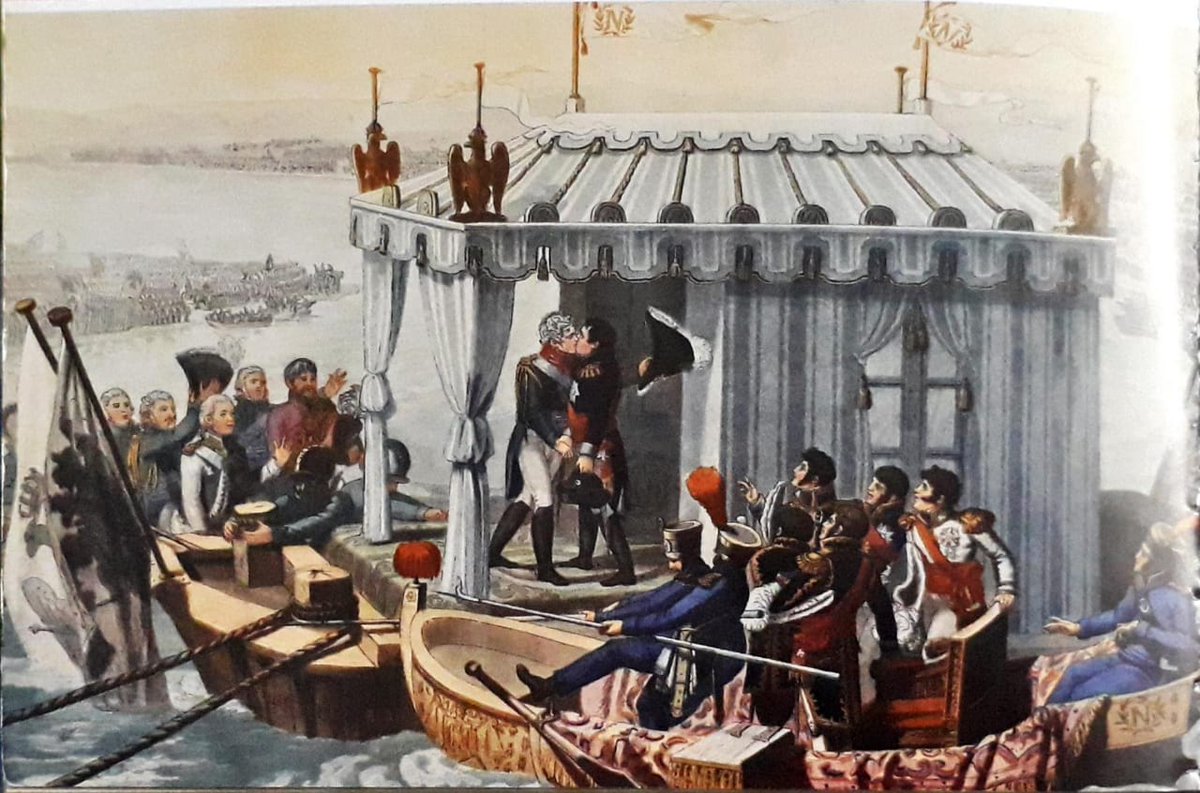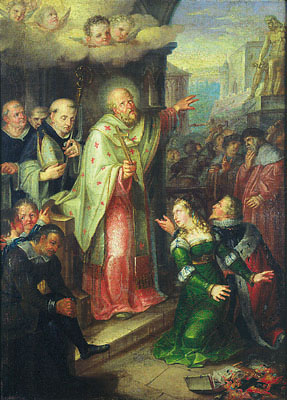
A prince brought to the throne by the people who killed his father. Pushed into a continental war that would see the burning of his nation's most famous city, he would leave behind a crown that no one wanted.
Story in the evening ...
Story in the evening ...
https://twitter.com/Arby_K/status/1360053588534337541
Aleksándr Pávlovich was born in 1777 to Pavel Petrovich and Maria Feodorvna. Pavel was the son of the Russian Empress Ekaterina II. Unhappy with her son's views, the Empress tried to get Aleksándr nominated as her heir, bringing him tutors from across Europe. 1/10 

As a result, Prince Aleksándr was exposed to liberal ideals at a young age. When his grandmother died in 1796 however, it was his father Pavel who succeeded. But the rule would not be long. Unpopular in Russia, he would be killed by a group of nobles in 1801. 2/10 

Aware of a plot for a coup, but not of an assassination plot, Aleksándr became Tsar with mixed emotions. After Pavel's reign, Russians saw Aleksándr in a positive light. The reformed minded Emperor reorganized his ministries and set out to see how much he can change Russia. 3/10 

But before he could get started, there was an unexpected foe to handle. Napoléon Bonaparte had seized power in France in 1799 and though Russia under Tsar Pavel had withdrawn from the war against France, Aleksándr watched with concern as Napoléon grew in strength. 4/10 

But to face Napoléon, Russia needed to be ready for war. For that Aleksándr called on Alexey Arakcheev, one of his father's loyal henchmen. With Napoléon crowning himself Emperor, Aleksándr allied with another newly minted Emperor, Franz of Austria, at Austerlitz. 5/10 

The battle was a resounding victory for France and led to the end of the 1000 year old Holy Roman Empire. But it also helped Arakcheev reform the Russian military. While Russia struggled in Europe, it gained against Persia completing the annexation of Georgia. 6/10 

In 1807, Napoléon called for a truce with Aleksándr. The two Emperors plotted to divide up Europe between them at Tilsit. But the alliance did not come to fruit on ground, although Russia gained Finland from Sweden and from their war against the Ottomans. 7/10 

In 1812, Napoléon invaded Russia. After victory at Borodino, the French troops entered an abandoned and burning Moscow. But the defeat enabled Aleksándr raise his people against Napoléon and the French were forced to retreat as the supply lines were stretched. 8/10 

The retreat reversed Napoléon's run in Europe. After victory at Leipzig in 1813, Aleksándr and his allies entered Paris the next year. Aleksándr was the major force behind the Congress of Vienna that closed the Napoleonic era and restored the old order. 9/10 

In many ways, though Aleksándr saw through Napoléon, he was also a spend force. When he died without legitimate children, his younger brother Constantin refused to succeed, causing a brief interregnum where Constantin and Nikolai tried to get the other one as the new Tsar. 10/10 

• • •
Missing some Tweet in this thread? You can try to
force a refresh















